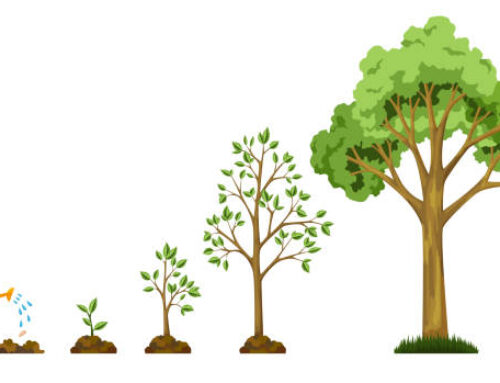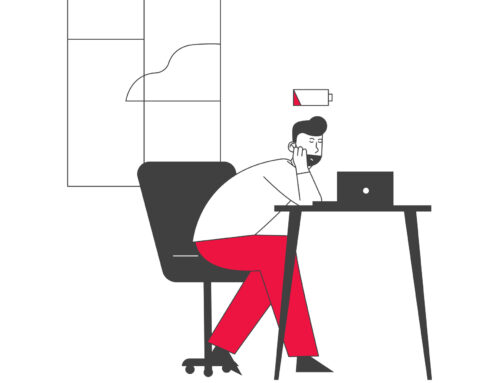Recognizing Employee Burnout
Shawnee Love •
May 29, 2015
Do you know the signs of burnout for your employees?
I ask because if my interviews are to be relied upon, burnout seems to happen a lot more now than ever before.
As HR consultants, we get called in to do interviews for a variety of reasons:
- external recruitment,
- internal promotion,
- culture and environment survey,
- handbook development,
- exit,
- performance management,
- incident investigation,
- harassment and bullying, and
- retention.
In the last year or so, I have noticed that almost every set of interviews I do, someone demonstrates symptoms of burnout.
How to Recognize Burnout
You can recognize burnout in behaviours, particularly if you have the context of previous work performance. For example, you might notice the person isn’t early for work or staying to finish a project anymore. Perhaps he isn’t taking initiative or helping out colleagues like he used to in the past. You also might see more sick days, appointments during work hours, or simply more complaints.
Reflect on the person’s emotions as well. Seeing raised voices, tears, and/or laughter that is disproportionate to the situation could be a sign of burnout. Getting impatient and sweating “the small stuff” or describing himself as feeling “out of ideas”, “defeated”, “victimized/ attacked”, “stuck” or “helpless” are also burnout indicators worth exploring.
Moreover, pay attention to the words being used . If you hear “exhausted”, “angry”, “frustrated”, and “overwhelmed”, particularly when the person is discussing their ordinary work, you might have someone experiencing burnout.
What makes burnout difficult to recognize is that it is experienced and demonstrated individually. i.e., one person’s burnout is another person’s normal conversation and behavior style.
What usually triggers me to the possibility of burnout (rather than the normal range of emotion and behavior) is the intensity and longevity that the person demonstrates the symptoms and how different those behaviours are from the individual’s normal behaviour.
I hope these indicators help you become aware of burnout in your organization. Please comment if you have other symptoms you think are burnout indicators.
Come back next week and we will discuss how to help people experiencing burnout.





